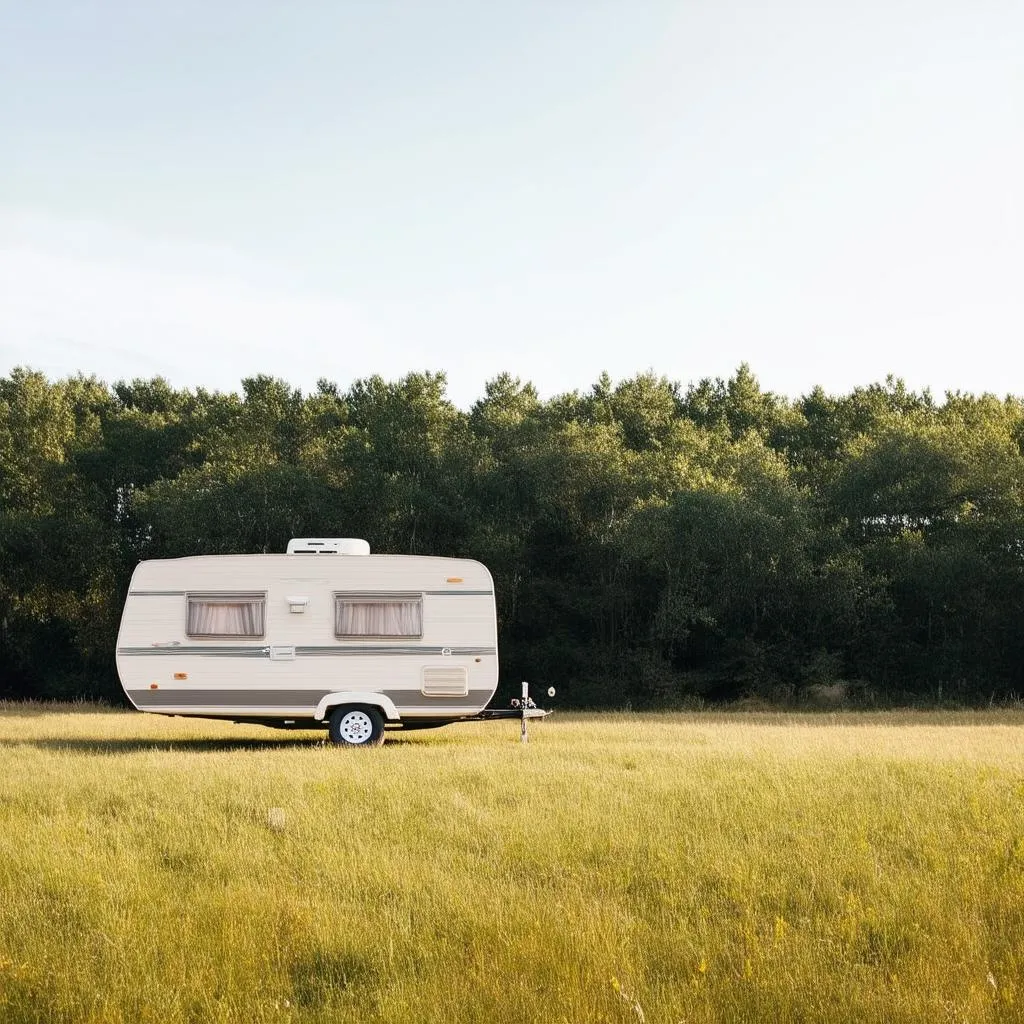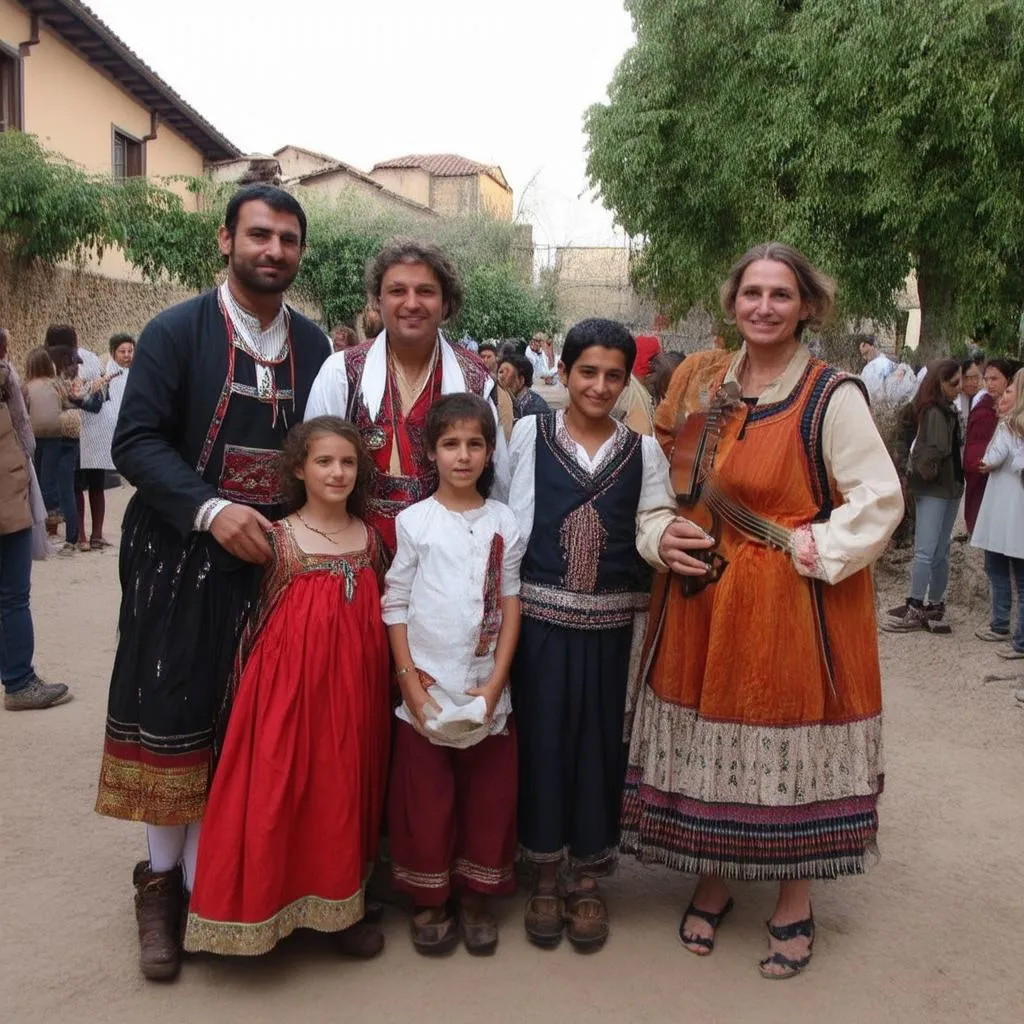Have you ever been to a bustling market in Seville, Spain, and encountered a group of people with colorful clothes and vibrant energy, seemingly living a life less ordinary? Perhaps you’ve heard the terms “Gypsy” and “Traveller” used interchangeably to describe them. While both groups share a history steeped in travel and cultural distinctiveness, are they truly the same? Let’s delve into the nuances of these identities and dispel some common misconceptions.
Understanding the Terms
The truth is, the question “Are Gypsies and Travellers the same?” is more complex than it seems. It’s crucial to understand that:
“Gypsy” – A Label with a Complex Past
The term “Gypsy” has historically been used to refer to the Roma people, an ethnic group with origins in the Indian subcontinent. For centuries, Roma people have faced prejudice and discrimination, often stereotyped for their nomadic lifestyle and distinct traditions. This has led to the term “Gypsy” being used pejoratively, laden with negative connotations.
Travellers: A Diverse Umbrella Term
“Traveller,” on the other hand, is a broader term encompassing various groups who share a tradition of nomadic or semi-nomadic living. This can include:
- Irish Travellers: With a unique history and culture in Ireland, they are recognised as a distinct ethnic group.
- Scottish Travellers: Similarly, they have their own heritage and traditions within Scotland.
- Roma people: Yes, some Roma people identify as Travellers, acknowledging their history of migration and cultural nomadism.
- New Age Travellers: Emerging in the latter half of the 20th century, this group often embraces alternative lifestyles and travels to festivals and gatherings.
 Travellers caravan
Travellers caravan
Key Differences and Similarities
While both groups have a history intertwined with travel, several key distinctions exist:
- Ethnicity: Roma people are a distinct ethnic group, while “Traveller” can encompass various ethnicities and cultural backgrounds.
- Origins: Roma people trace their roots back to the Indian subcontinent, whereas other Traveller groups have different origins, such as Ireland or Scotland.
- Cultural Practices: While there might be some overlaps, each Traveller group has its own unique customs, traditions, and languages.
However, some commonalities exist:
- Shared Value of Community: Both Gypsies and Travellers often have strong family and community bonds.
- Connection to the Land: Many Travellers, including some Roma, have a deep respect for nature and a connection to the land, even if they don’t have permanent settlements.
- Resilience and Adaptation: Both groups have historically faced marginalization and have shown remarkable resilience in preserving their culture and way of life.
Travelling Respectfully: Engaging with Different Cultures
When travelling, it’s crucial to approach encounters with different cultures with respect and sensitivity. Remember:
- Use respectful language: Be mindful of using the term “Gypsy” as it can be considered offensive. Opt for “Roma” or “Romany” when referring to the Roma people.
- Seek to understand: Each Traveller group has its own rich history and traditions. Take the time to learn and appreciate their culture.
- Challenge stereotypes: Media portrayals often perpetuate harmful stereotypes about both Gypsies and Travellers. Be critical of these representations and choose to see individuals and their unique stories.
 Roma family celebration
Roma family celebration
Planning your travels?
For more insights into diverse cultures and travel tips, visit TRAVELCAR.edu.vn. We offer a wealth of information to help you plan your next adventure responsibly and respectfully.
Do you have any travel experiences you’d like to share? Let us know in the comments below!

